
Welcome to the first article in our exciting new series, “Nourishing Your Whole Self: The SaziBox Health Guide to Holistic Nutrition”! In this journey, we’ll delve into the fascinating world of food and how it impacts not just our physical health but our mental, emotional, and even spiritual well-being.
What is Holistic Nutrition?
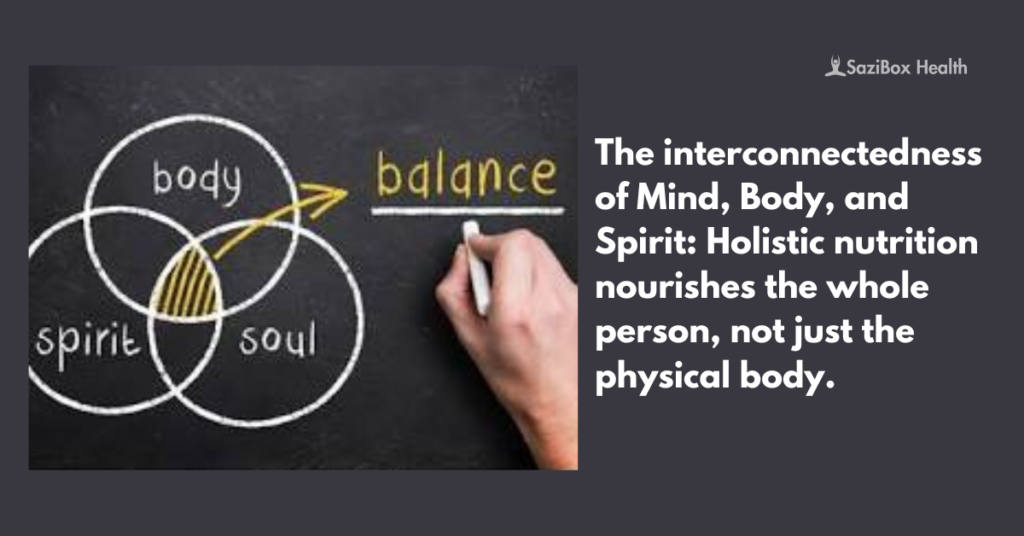
Holistic nutrition goes beyond counting calories and macronutrients. It recognizes that we are complex beings, and our diet plays a crucial role in every aspect of our lives. It’s about nourishing our whole selves – mind, body, and spirit – to achieve optimal health and vitality.
The Mind-Body Connection
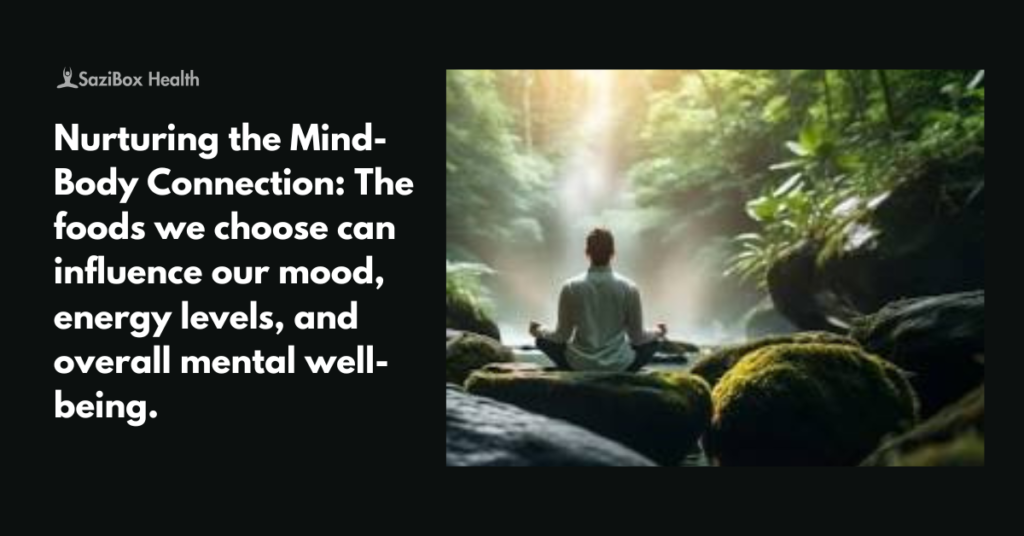
- Ever noticed how certain foods make you feel sluggish, while others leave you energized and focused? That’s your mind-body connection in action. What we eat directly affects our brain chemistry, influencing our mood, energy levels, and even our thoughts.
- Serotonin, the “feel-good” neurotransmitter, is largely produced in the gut. A diet rich in complex carbohydrates, healthy fats, and lean protein can support serotonin production, promoting a positive mood and reducing anxiety.
Food as Medicine
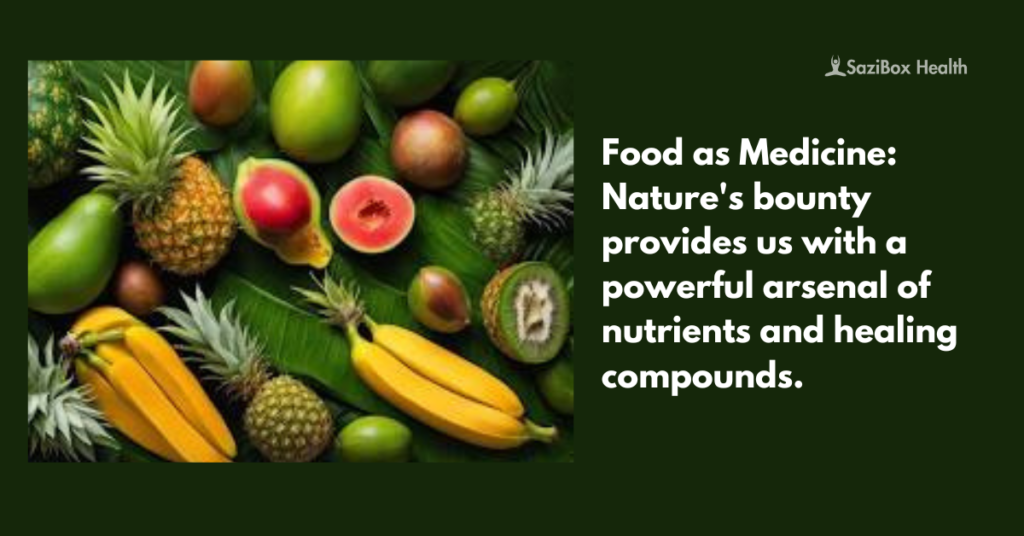
- Hippocrates, the father of medicine, famously said, “Let food be thy medicine, and medicine be thy food.” While modern medicine has its place, holistic nutrition reminds us that food has incredible healing potential.
- Antioxidants in berries can protect against cellular damage.
- Omega-3 fatty acids in fish can reduce inflammation.
- Fibre-rich foods can support a healthy gut microbiome, boosting immunity.
The Importance of Whole Foods
- Whole foods are minimally processed and close to their natural state. They’re packed with nutrients, fibre, and phytochemicals that nourish our bodies and protect against disease.
- Tip: Aim to fill your plate with a rainbow of colours. Each colour represents different nutrients your body needs.
- Interactive Poll: How often do you eat whole foods versus processed foods? (Options: Mostly whole foods, a balance of both, mostly processed foods)
Read more
Bio-Individuality in Nutrition
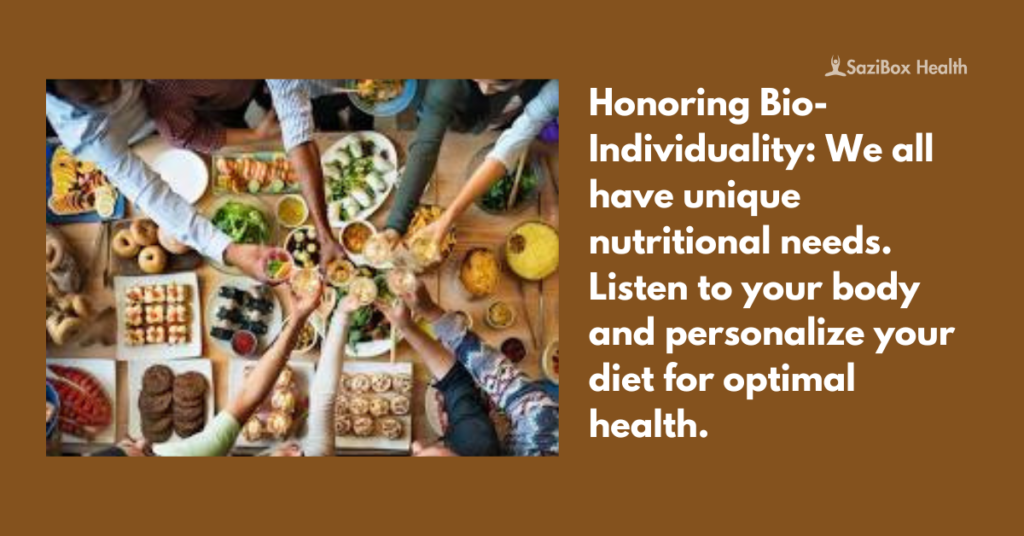
- We are all unique individuals with different genetic makeups, lifestyles, and health needs. Holistic nutrition recognizes that there’s no one-size-fits-all diet. What works for one person may not work for another.
- Tip: Pay attention to how different foods make you feel. Does a certain food give you energy or leave you feeling bloated? Use this information to personalize your diet.
Key Takeaways:
- Food is not just fuel; it’s information for your body.
- Choose whole foods over processed foods whenever possible.
- Pay attention to your body’s unique needs and preferences.
- Food can be a powerful tool for healing and preventing disease.
Your Journey Starts Now
This is just the beginning of your journey towards holistic nutrition! In the upcoming articles, we’ll dive deeper into specific nutrients, dietary patterns, and practical tips for incorporating these principles into your daily life.
Let’s Connect!
Share your thoughts and questions in the comments below. We’d love to hear about your experiences with holistic nutrition and any tips you’ve discovered along the way. Remember, this is a community of support and learning!
References:
- Katz, D. L., & Meller, S. (2014). Can We Say What Diet Is Best for Health? Annual Review of Public Health, 35, 83-103.
- Hyman, M. (2017). Food: What the Heck Should I Eat? Little, Brown Spark.

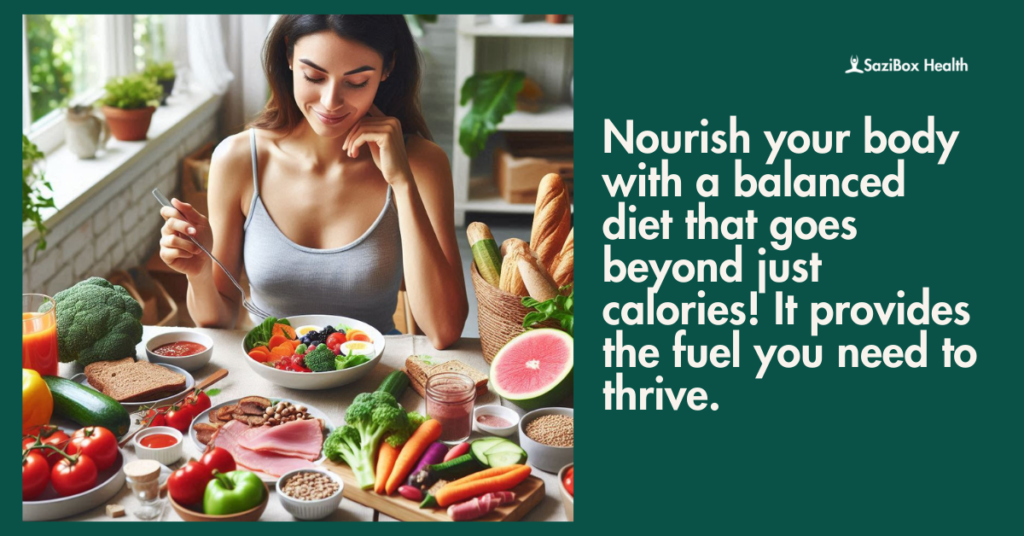
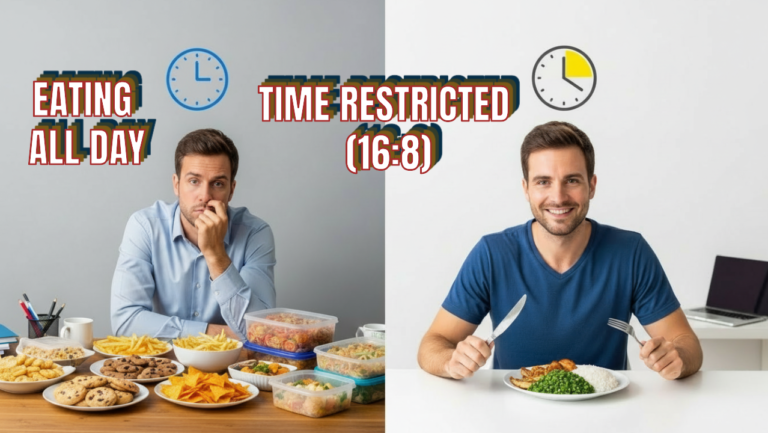


[…] Food as Medicine: The Foundations of Holistic Nutrition […]